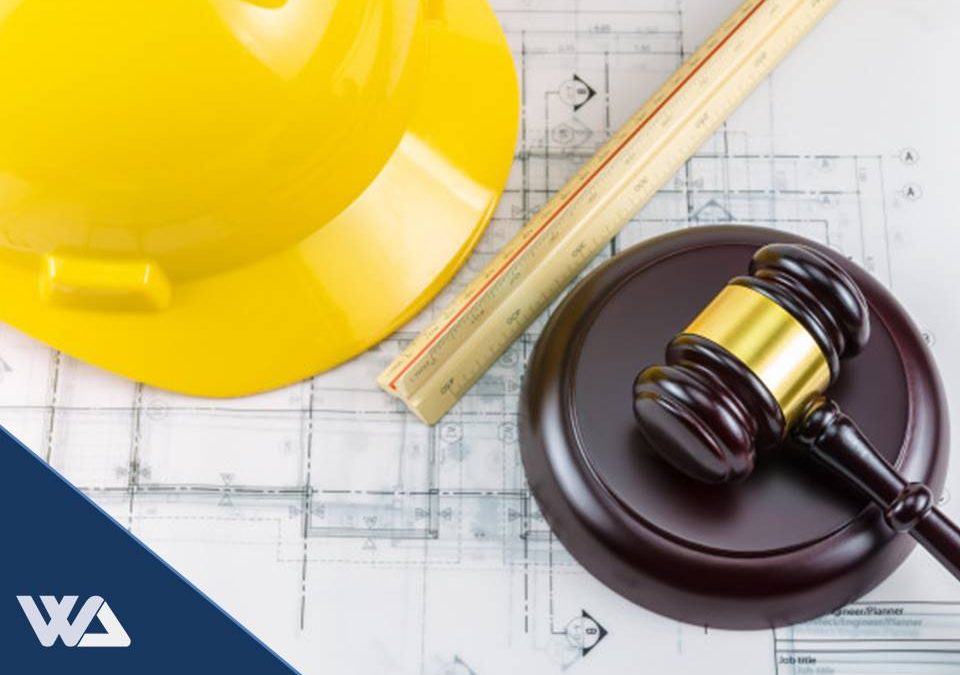Kenya’s construction industry has skyrocketed in the past 5 years and seems to have engaged a high gear in the past three years. Among the many bubbles likely to burst, over and above the speculation by pundits about the prices of houses, will be the issue of payment due to contractors who expend resources in the developments. There is an erroneous belief, by a segment of the society, that the bank’s rights would be subordinated to those of the contractor, even where a charge is registered. The correct position is that a Contractor will have to wait for the bank to sell and recoup its debt from the surplus, if any, and the remainder from the Developer.
Section 101 of the Land Act provides as follows in regards to appropriation of money received from a sale by public auction:
- The purchase money received by a chargee who has exercised the power of sale shall be applied in the following order of priority-
- a) First, in payment of any rates, rents, taxes, charges or other sums owing and required to be paid on the charged land;
- b) Second, in discharge of any prior charge or other encumbrance subject to which the sale was made;
- c) Third, in payment of all costs and reasonable expenses properly incurred and incidental to the sale or any attempted sale;
- d) Fourth, in discharge of the sum advanced under the charge or so much of it as remains outstanding, interests, costs and all other money due under the charge, including any money advanced to a receiver in respect of the charged land under Section 92; and
- e) Fifth, in payment of any subsequent charges in order of their priority, and the residue, if any, of the money so received shall be paid to the person who, immediately before the sale, was entitled to discharge the charge.
A building contractors’ bill is not expressly provided for under the Act and the courts have interpreted the bills to rank like other normal debts which would be paid after surplus.
As found by Justice Louis Onguto in Spentech Engineering Limited v Methode Limited & 2 others [2017] eKLR, a matter that revolved around this pertinent issue:
- I am unable therefore to hold that Spentech has established a prima facie case that its alleged equitable interest in the suit property, and in particular over some unidentified four apartments ought to take precedence over Chase Bank’s legal interest created by the charge. I need not emphasize the equitable doctrine that equity follows the law; it respects defined rights at law and does not override them.
Further…
- I return an initial interlocutory verdict that, prima facie, a contractor’s bill is not part of the charges on land under s.101(a) of the Land Act.
- The result is that, in my view Spentech has not established a prima facie case with probability of success. Additionally, I am unable to see how Spentech may claim that it will suffer irreparably and beyond compensation by damages.
- The application by Spentech must, for all the above reasons, fail and it does. Chase Bank may exercise its accrued and undoubted right to realize the security as a chargee without hindrance by Spentech who must still prove its monetary claim as against Methode. I will not make any order as to appropriation of any sale proceeds as s.101 of the Land Act is relatively clear.
A suit requiring the Chargor to deposit the surplus would do, for the Contractor to prove his claim against the debtor and not the bank.
For Advocates acting for the Contractor, you should register your Clients interests on the title to prevent them finding themselves in this ruckus, maybe by way of a charge, or a deed of exclusion or, a tripartite agreement with the bank.
The president’s memorandum on the law of contract (amendment) bill
About the author
Charles is an experienced transactional advocate with over 17 years experience in the legal industry. He is the Managing Partner at Wamae and Allen, an Entrepreneur and a proponent of the Adaptability Quotient(AQ) theory.











